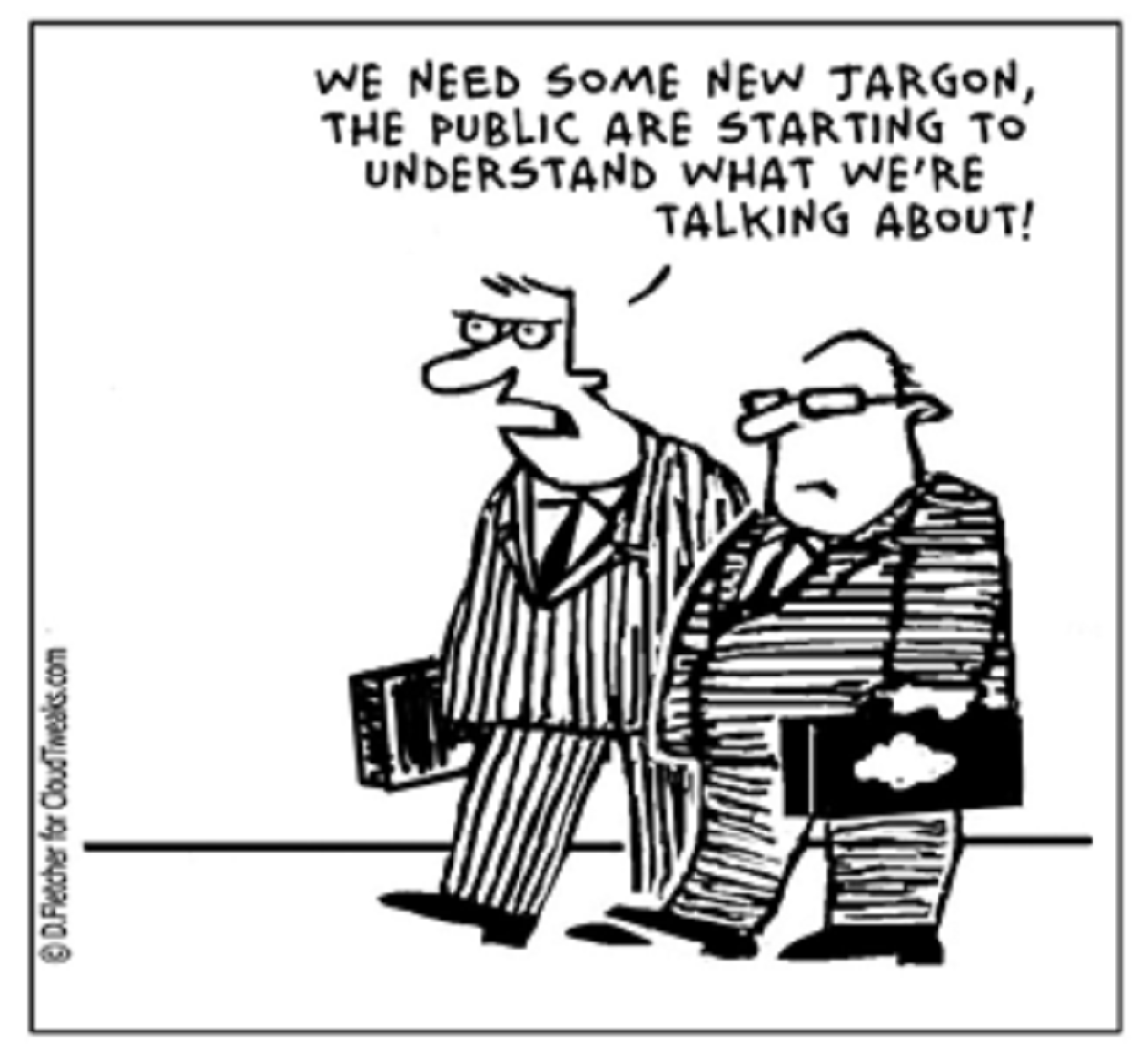From UPSC perspective, the following things are important :
Prelims level: na
Mains level: Legal Language Simplification

Central idea
The Indian government, led by Prime Minister Narendra Modi, is actively simplifying legal language to promote “Access to Justice,” making legal texts more understandable for every citizen. This strategic initiative, aligned with constitutional principles, addresses historical ambiguities and leverages technology to enhance accessibility, contributing to global legal recognition and fostering a transformative journey toward inclusive justice.
Key Highlights:
- Legal Language Simplification: The Indian government, led by Prime Minister Narendra Modi, is undertaking a mission to simplify legal language, aligning with the vision of “Access to Justice” and aiming to make legal texts more accessible to the common citizen.
- Constitutional Principle: The initiative reflects the constitutional principle that legal language should be understandable to every citizen, emphasizing the importance of ensuring citizens comprehend their rights and responsibilities.
- Correction of Ambiguities: The government is addressing historical ambiguities in legal language, such as those in Sections 213 and 214 of the IPC, to enhance legal precision and effective enforcement, eliminating potential loopholes.
- Global Recognition: The government’s commitment to simplifying legal language has gained international recognition, positioning India as a forward-thinking adopter of progressive measures for legal accessibility.
- Digital Transformation: The simplification efforts align with the Digital India campaign, leveraging technology to enhance accessibility, with online platforms and digital resources making legal information more readily available.
Key Challenges:
- Historical Complexities: Addressing historical intricacies in legal language poses a challenge, requiring thorough examination and correction of ambiguities that have persisted over time.
- Public Engagement: While seeking public input in the simplification process is a positive step, ensuring effective public engagement and capturing diverse perspectives can be challenging.
Key Phrases:
- Access to Justice: The overarching vision guiding the simplification initiative, aiming to remove barriers of legal complexity that hinder the common citizen’s understanding of legal texts.
- Legal Empowerment: The goal of simplification extends beyond language, aiming to empower citizens with legal knowledge, fostering a sense of legal empowerment among the diverse population.
Key Quotes:
- “We must see that the constitution is not only passed by the Constituent Assembly but that it is also worked by the common people of the country.” – B R Ambedkar
- “The government envisions a legal landscape where language is not a barrier but a bridge to justice.”
Critical Analysis:
- The reduction in legal disputes due to misunderstandings and misinterpretations underscores the positive impact of the simplification initiatives in fostering a clearer legal framework.
Way Forward:
- Continue the integration of plain language drafting principles into legal education to nurture a generation of legal professionals capable of navigating legal intricacies with clarity and precision.
- Sustain efforts to engage the public in the simplification process, ensuring diverse perspectives are considered for comprehensive legal accessibility.
- Monitor and evaluate the impact of simplification on reducing legal disputes and enhancing India’s global economic competitiveness.
- Explore additional measures, such as comprehensive glossaries in multiple languages, to further enhance the understanding of legal language among citizens.
Get an IAS/IPS ranker as your 1: 1 personal mentor for UPSC 2024
